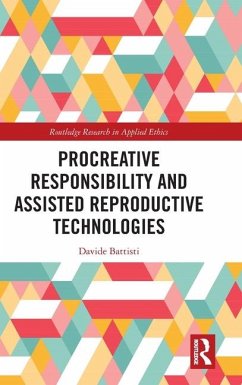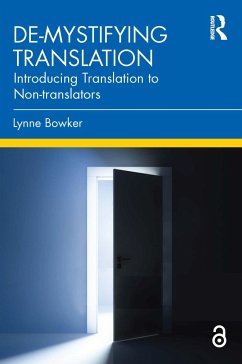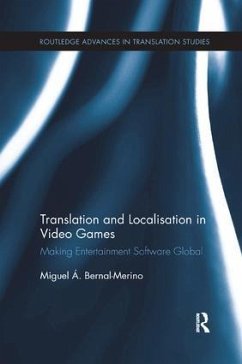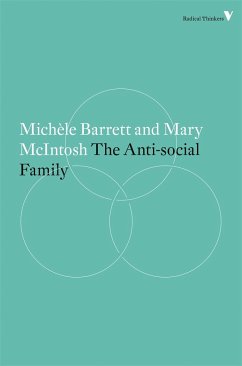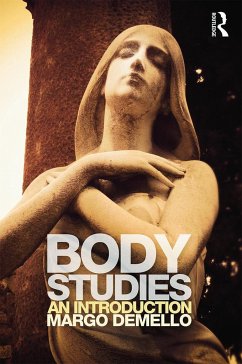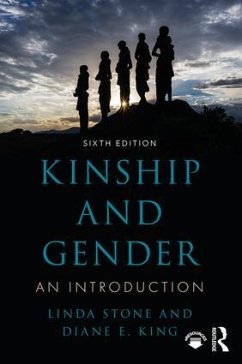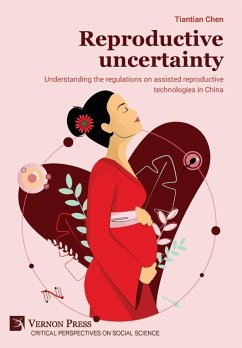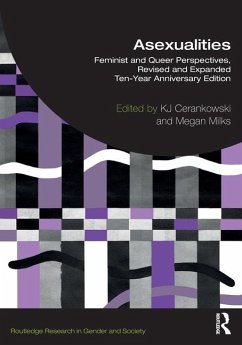
Biotechnologies and Reproductive Agency
An Ethnography of Solo Motherhood in Spain and the United Kingdom
Versandkostenfrei!
Versandfertig in 6-10 Tagen
144,99 €
inkl. MwSt.
Weitere Ausgaben:

PAYBACK Punkte
72 °P sammeln!
As artificial reproductive technologies become available to populations that have previously not had access to them, this book asks how reproduction is being transformed by technologies and individuals whose sexual and reproductive lives may defy sociocultural norms, religious codes and national laws. Seeking to develop a novel approach for studying the families of the 21st century, it examines the uptake of assisted reproductive technologies by women who opt for lone motherhood, exploring the circulation of reproductive technologies, bodily material, and ideas in two countries recognised as l...
As artificial reproductive technologies become available to populations that have previously not had access to them, this book asks how reproduction is being transformed by technologies and individuals whose sexual and reproductive lives may defy sociocultural norms, religious codes and national laws. Seeking to develop a novel approach for studying the families of the 21st century, it examines the uptake of assisted reproductive technologies by women who opt for lone motherhood, exploring the circulation of reproductive technologies, bodily material, and ideas in two countries recognised as leaders in ART and sexual and reproductive health rights. Through ethnographic research in Spain and the UK, it considers the localisation of assisted reproductive technologies and the ways in which the socio-cultural, politico-legal and ideological intersections between non-normative families and ARTs shape the experiences of those who take them up. A multi-sited ethnography that explores the implementation, use and experience of assisted reproductive technologies, this volume will appeal to scholars of sociology, anthropology, gender studies and science and technology studies.





